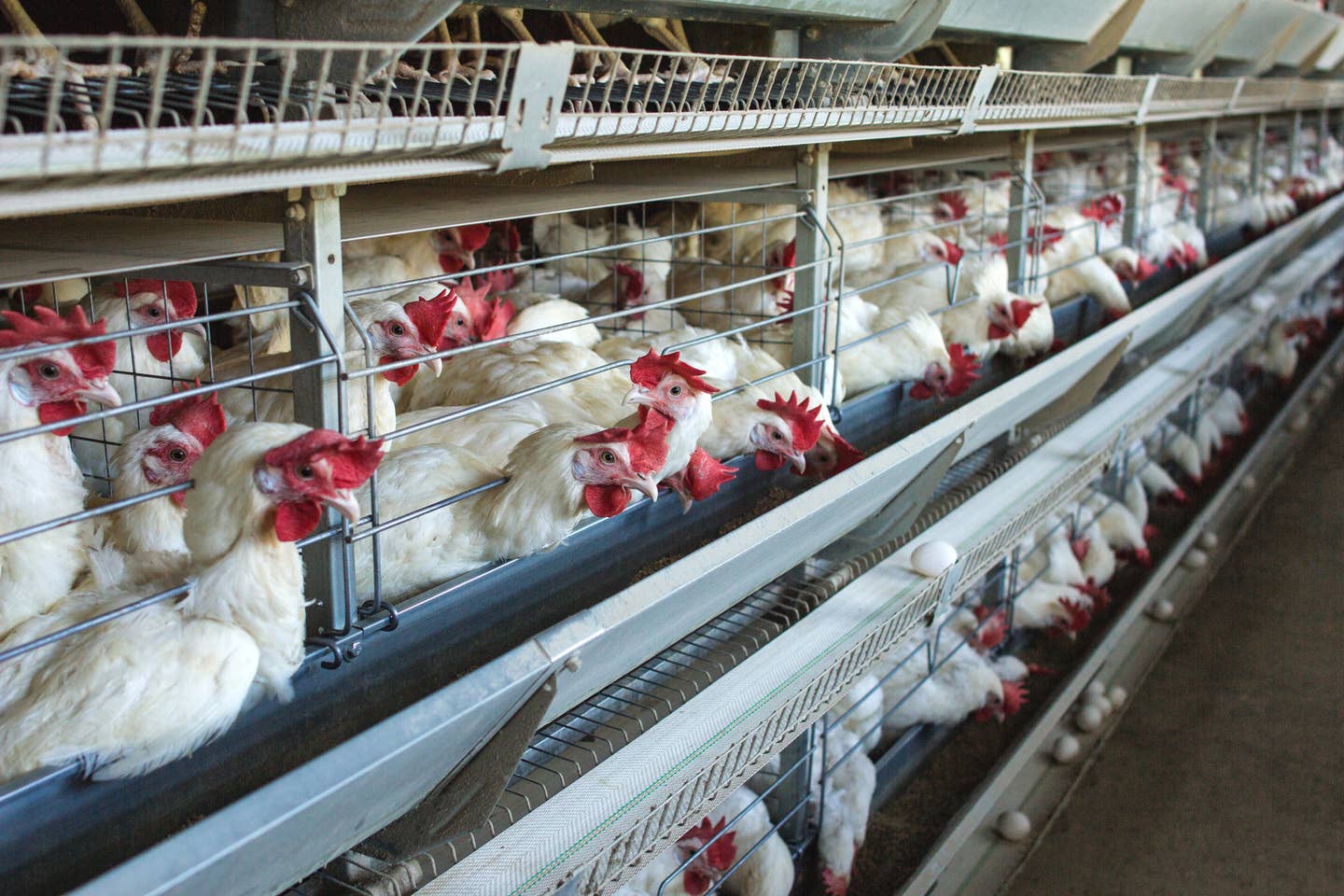
Reducing Your Meat Consumption Can Help to Prevent Future Pandemics
Here at The Beet, we’re guessing you know our stance: Eat less meat—or better yet, no meat at all, and load up on plants—to look better, feel better, and be healthier. You’ll even save money and help reduce climate change, to boot. With the coronavirus pandemic continuing to rear its hideous head, it's more important than ever to eat to support our health.
But eating less meat or no meat at all can do so much more than simply from a personal health perspective—it may just save us from another global pandemic outbreak. Or so say a panel of 22 experts who came together for a special workshop on pandemics summarized in a new report from the Germany-based Intergovernmental Science-Policy Platform on Biodiversity and Ecosystem Services (IBPES).
Reducing Meat Consumption Can Also Reduce Pandemic Risk
For the workshop, 17 experts were nominated by governments and organizations following a call for nominations and five experts attended who were pulled from the ongoing IPBES assessment of the sustainable use of wild species. During the summit, they discussed five key pillars: “1) how pandemics emerge from the microbial diversity found in nature; 2) the role of land-use change and climate change in driving pandemics; 3) the role of wildlife trade in driving pandemics; 4) learning from nature to better control pandemics, and 5) preventing pandemics based on a ‘one health’ approach.”
The report's findings were resoundingly clear. When it comes to cutting back on meat consumption, doing so will not only help our own health but may also help stave off another pandemic. “Pandemic risk could be significantly lowered by promoting responsible consumption and reducing unsustainable consumption of commodities from emerging disease hotspots, and of wildlife and wildlife-derived products, as well as by reducing excessive consumption of meat from livestock production,” the report notes in the executive summary, along with outlining other measures we can take to reduce the likelihood of future pandemics, like reducing global wildlife trade, instituting meat production and consumption taxes, halting deforestation and agricultural expansion, and focusing on pandemic prevention via an intergovernmental council that can advise citizens and implement helpful edicts.
Check out IBPES’ short video below regarding the findings of their recent manifesto on avoiding future pandemics below.
https://www.instagram.com/p/CHN5yR7ihqd/
This summer, a report published by ProVeg found that factory farming is the number one risk when it comes to the chance of future pandemics. Doctors have also warned consumers that COVID-19 can spread through meat products. Clearly, it’s worth heeding the call of all of these related findings: Stop eating meat, start saving the world.
More From The Beet






